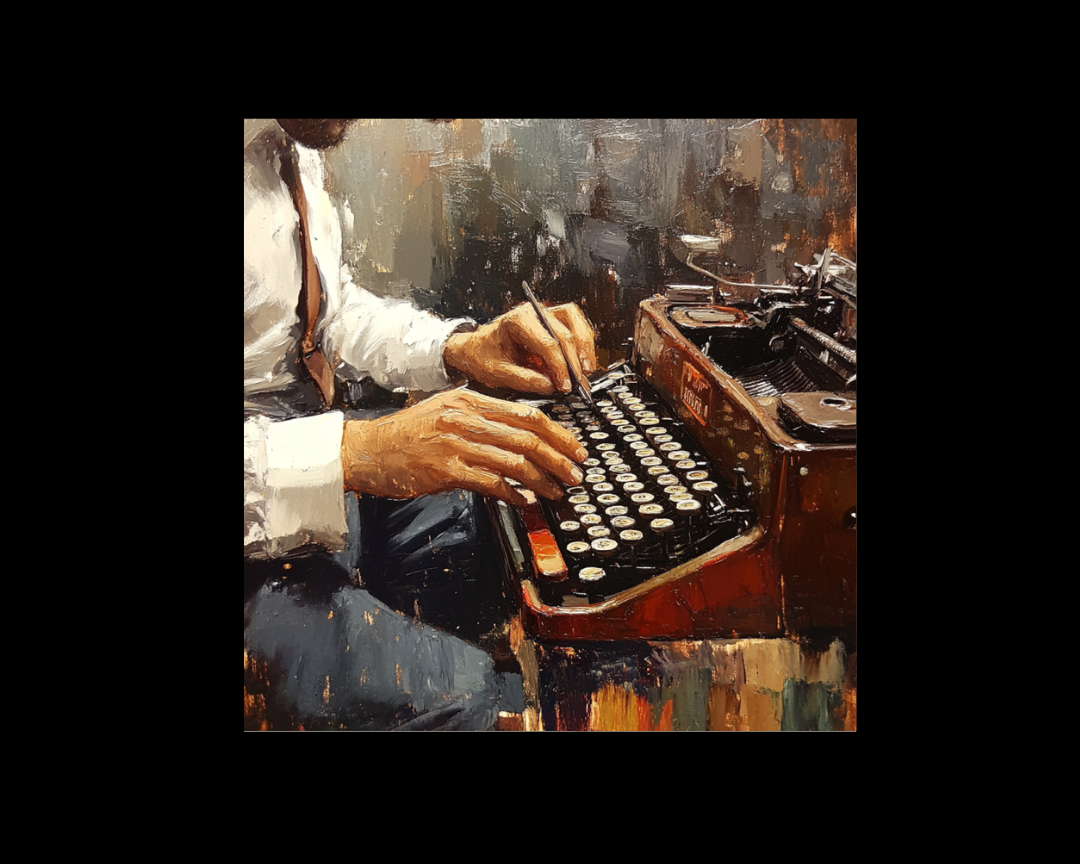Great Novellas and How to Write Them
The novella occupies literature's sweet spot—long enough to develop complex themes yet short enough to sustain perfect tension throughout. Ian McEwan...
3 min read
 Writing Team
:
Aug 12, 2024 4:45:00 AM
Writing Team
:
Aug 12, 2024 4:45:00 AM
-1.png)
As a novelist, crafting a compelling story that keeps readers engaged from start to finish is your ultimate goal. One of the most powerful tools at your disposal to achieve this is the Major Dramatic Question (MDQ). This fundamental concept can elevate your narrative from a series of events to a gripping journey that leaves readers unable to put your book down. In this article, we'll explore what the MDQ is, why it's crucial, and how to effectively implement it in your novel.
The Major Dramatic Question, often abbreviated as MDQ, is the central question or problem that drives your story's plot. It's the overarching uncertainty that keeps readers turning pages, eager to discover the answer. The MDQ creates tension, suspense, and curiosity, serving as the narrative thread that ties your entire story together.
Think of the MDQ as the story's heartbeat. It pumps life into your plot, characters, and themes, maintaining a steady rhythm of anticipation throughout your novel. A well-crafted MDQ should be clear enough to engage readers from the beginning but complex enough to sustain interest until the very end.
To better understand how MDQs work in practice, let's look at some examples from well-known novels (btw, movie trailers are a fantastic way to see MDQs come to life - we'll sprinkle some in here):
In each of these examples, the MDQ is established early and drives the entire narrative, keeping readers engaged until the final resolution.
When developing your MDQ, consider the following steps:
While crafting your MDQ, be wary of these common mistakes:
While the MDQ is crucial, it's important to remember that it's not the only element of your story. It should work in harmony with other aspects of your novel:

As your story progresses, your MDQ may evolve or reveal new layers:
The Major Dramatic Question is more than just a plot device; it's the lifeblood of your novel. By carefully crafting and developing your MDQ, you create a narrative that captivates readers from the first page to the last. Remember, a strong MDQ doesn't just pose a question - it invites readers on a journey of discovery, emotion, and transformation.
As you write, let your MDQ guide you, but don't let it constrain you. Allow it to evolve, deepen, and surprise both you and your readers. With a well-executed MDQ at its core, your novel has the potential to become not just a story, but an unforgettable experience that lingers in readers' minds long after they've turned the final page.

The novella occupies literature's sweet spot—long enough to develop complex themes yet short enough to sustain perfect tension throughout. Ian McEwan...
.png)
Characters in stories often harbor secrets, hidden facets of their lives or knowledge that can shape the narrative in profound ways.
.png)
In today's blog post, we're diving deep into the insights shared in a captivating video titled "Story Development: The Three Most Important People in...